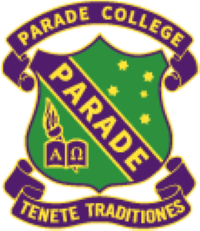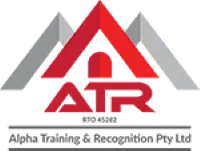
How do I become a drainer?
Certificate II in Drainage
- There are no mandated entry requirements.




 Builders Academy Australia
Builders Academy Australia
Certificate III in Plumbing
- There are no mandated entry requirements.








Certificate IV in Plumbing and Services
- Completed Certificate III in Plumbing or equivalent qualifications








Certificate II in Plumbing Services
- There are no mandated entry requirements.


Related occupations
Apprentice Plumber
An Apprentice Plumber installs and repairs plumbing systems under a qualified plumber's guidance, requiring teamwork, safety, and communication skills.
Gasfitter
A Gasfitter installs and maintains gas services and appliances, requiring safety focus, technical skills, and effective communication.
Plumber
A Plumber installs and maintains water services and drainage systems, ensuring customer needs are met while solving problems effectively.
Roof Plumber
A Roof Plumber installs and maintains roof plumbing, gutters, and downpipes, working outdoors in varied conditions and communicating with clients.
Sprinkler Fitter
A Sprinkler Fitter installs, maintains, tests, and repairs fire sprinkler systems, ensuring safety, teamwork, problem-solving, and time management.
Common questions
How much does a Drainer earn?
In Australia, a full time Drainer generally earns $1,400 per week ($72,800 annual salary) before tax. This is a median figure for full-time employees and should be considered a guide only. As you gain more experience you can expect a potentially higher salary than people who are new to the industry.
What are the job opportunities for a Drainer?
This industry has seen a drop in employment numbers in recent years. There are currently 4,300 people working in this profession in Australia, compared to 4,500 five years ago. Drainers may find work across all regions of Australia.
Source: Australian Government Labour Market Insights
How do I become a Drainer?
If you’re interested in a career as a Drainer, consider enrolling in a Certificate II in Drainage. This course is suitable for plumbers and drainers needing to update their skills to work on sanitary drains connecting to a sewer or wastewater management system. A Certificate III in Plumbing or a Certificate IV in Plumbing and Services may also be suitable.
Further reading


Most popular engineering courses
12th June 2022)

